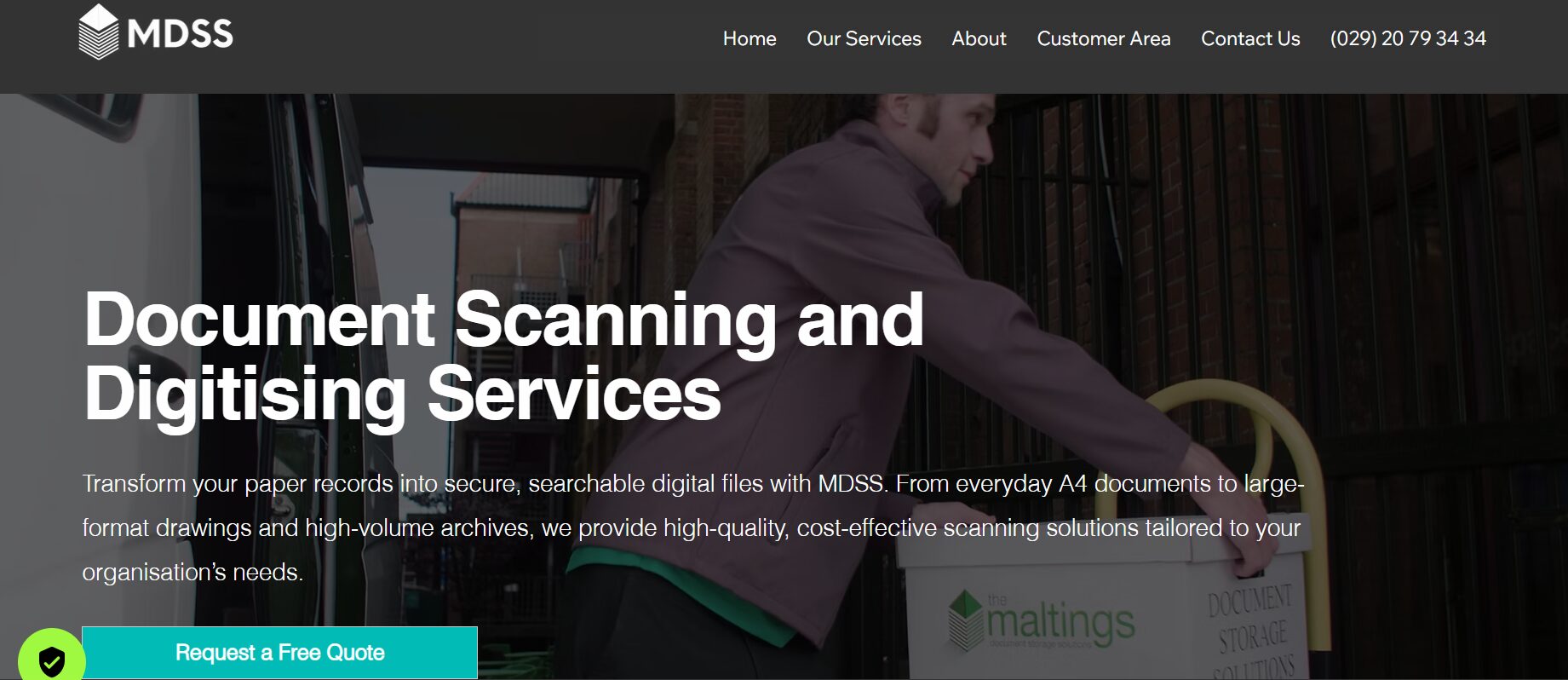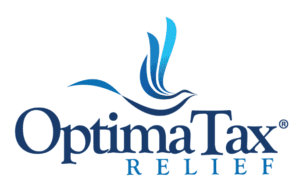As organisations worldwide embrace hybrid work models, regulated industries face unique challenges in balancing flexibility with strict compliance requirements. Among the technological enablers transforming this landscape, scan-on-demand services have emerged as a critical component of successful hybrid work strategies, particularly in sectors where document management carries significant regulatory implications.
The Compliance Challenge in Hybrid Environments
Regulated industries, including financial services, healthcare, legal, and government sectors, operate under complex frameworks that dictate how information must be handled, stored, and accessed. These requirements were challenging enough in traditional office settings, but hybrid work environments introduce additional layers of complexity.
Remote and hybrid work models require secure, compliant access to information regardless of an employee’s physical location. This fundamental shift has accelerated digital transformation initiatives across regulated sectors, with organisations seeking solutions that maintain compliance while enabling the flexibility that modern workforces demand.

The Evolution of Document Digitisation
Traditional document digitisation approaches typically involved mass scanning projects converting entire archives into digital formats through resource-intensive processes. While effective for certain scenarios, these projects often proved costly, time-consuming, and occasionally unnecessary when portions of archives remained largely untouched.
Scan-on-demand represents an evolution in this approach, offering a strategic alternative that aligns with the dynamic needs of hybrid work environments. Rather than digitising everything at once, this model enables organisations to maintain physical archives while selectively converting documents to digital formats as needed.
How Scan-On-Demand Works
The scan-on-demand workflow follows a streamlined process designed for efficiency and accessibility:
- Secure Physical Storage: Documents are maintained in purpose-built facilities with environmental controls and security measures that satisfy regulatory requirements.
- Digital Request Systems: Authorised personnel can request specific documents through secure portals, regardless of their working location.
- Prioritised Processing: Requested documents are located, scanned at appropriate resolutions with metadata tagging, and converted to searchable formats.
- Secure Delivery: Digitised documents are delivered through encrypted channels to the requestor, often within hours of the initial request.
- Access Controls: Digital documents inherit the same security classifications and access restrictions as their physical counterparts, maintaining compliance continuity.
This model delivers multiple advantages for regulated industries navigating hybrid work requirements, balancing immediate access needs with long-term preservation considerations.
Strategic Benefits for Regulated Industries
Cost Optimisation
By digitising documents selectively rather than comprehensively, organisations can significantly reduce upfront project costs while still enabling digital workflows. This approach aligns expenditure with actual utilisation, avoiding unnecessary digitisation of rarely accessed archives.
Compliance Integrity
Scan-on-demand services designed for regulated industries incorporate tracking, chain-of-custody documentation, and detailed audit trails. These features provide transparent evidence of compliance with information governance requirements, simplifying regulatory reporting and audit processes.
Security Enhancement
The hybrid nature of scan-on-demand means original documents remain secured in controlled environments rather than being distributed across multiple locations. This centralised security approach reduces the risk surface area while still enabling authorised digital access when required.
Resource Efficiency
IT and compliance teams in regulated industries already face significant demands. Outsourcing the scanning infrastructure, security protocols, and compliance expertise to specialised providers enables these teams to focus on core business challenges rather than document logistics.
Implementation in Key Sectors
Different regulated industries are finding specific applications for scan-on-demand services in their hybrid work strategies:
Financial Services
Banks and investment firms use scan-on-demand to maintain compliance with record-keeping requirements while enabling remote work for analysts, advisors, and administrative staff. Historical client documents, transaction records, and regulatory filings remain securely stored while being accessible to authorised personnel regardless of location.
Healthcare
Medical offices and healthcare systems leverage scan-on-demand for patient records that predate electronic health record systems. This approach maintains the integrity of original records while enabling remote consultation and telehealth services that require access to historical information.
Legal Sector
Law firms implement scan-on-demand to balance the need for original document preservation with the flexibility of digital collaboration. Case files, evidence documentation, and client records can be securely accessed by legal teams working across multiple locations without compromising chain-of-custody requirements.
Technology Integration Considerations
For maximum effectiveness, scan-on-demand services are increasingly integrated with broader digital ecosystem components:
Cloud Storage Connectivity
Leading providers now offer direct integration between scan-on-demand services and secure cloud repositories. Based in Cardiff and offering services to the South West and Wales, companies like The Maltings Document Storage Solutions are pioneering integrated document digitisation services that connect seamlessly with enterprise cloud storage systems, creating end-to-end workflows for regulated documents.

Document Intelligence
Advanced scan-on-demand systems incorporate optical character recognition (OCR), machine learning classification, and automated compliance tagging. These technologies transform scanned documents from simple images into intelligent digital assets that support sophisticated search and governance requirements.
Workflow Automation
The most effective implementations connect scan-on-demand capabilities with workflow automation tools, creating end-to-end processes that minimise manual handling while maintaining appropriate human oversight for compliance purposes.
Future Directions
As hybrid work models mature in regulated industries, scan-on-demand technology continues to evolve. Emerging trends include:
Predictive Scanning
AI-driven systems that analyse usage patterns and proactively digitise documents likely to be needed, reducing wait times while maintaining the efficiency benefits of selective scanning.
Enhanced Security Protocols
Development of advanced authentication and authorisation mechanisms specifically designed for remote access to newly digitised regulated documents.
Blockchain Verification
Implementation of distributed ledger technologies to create immutable audit trails for sensitive document scanning and access activities, further strengthening compliance capabilities.
Conclusion
For regulated industries balancing compliance requirements with hybrid work flexibility, scan-on-demand represents a strategically valuable approach. By enabling selective digitisation aligned with actual business needs, this technology delivers the benefits of digital transformation without the costs and complexities of comprehensive scanning projects.
As the foundation of effective hybrid work models in compliance-intensive environments, scan-on-demand services will continue to evolve, incorporating advanced technologies while maintaining the security and governance features that regulated industries require.



































